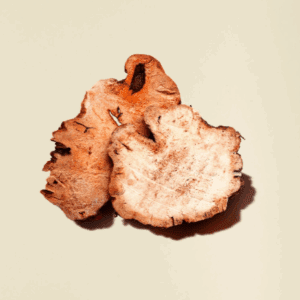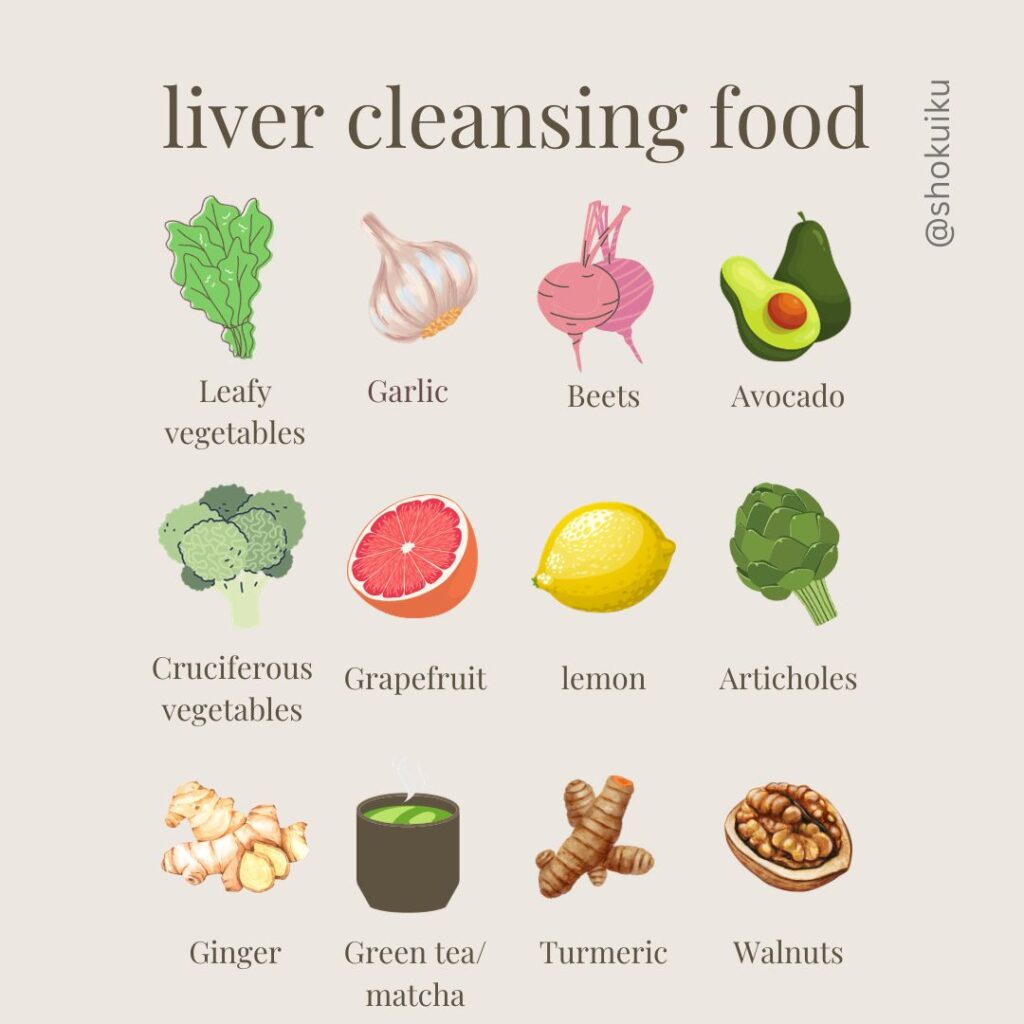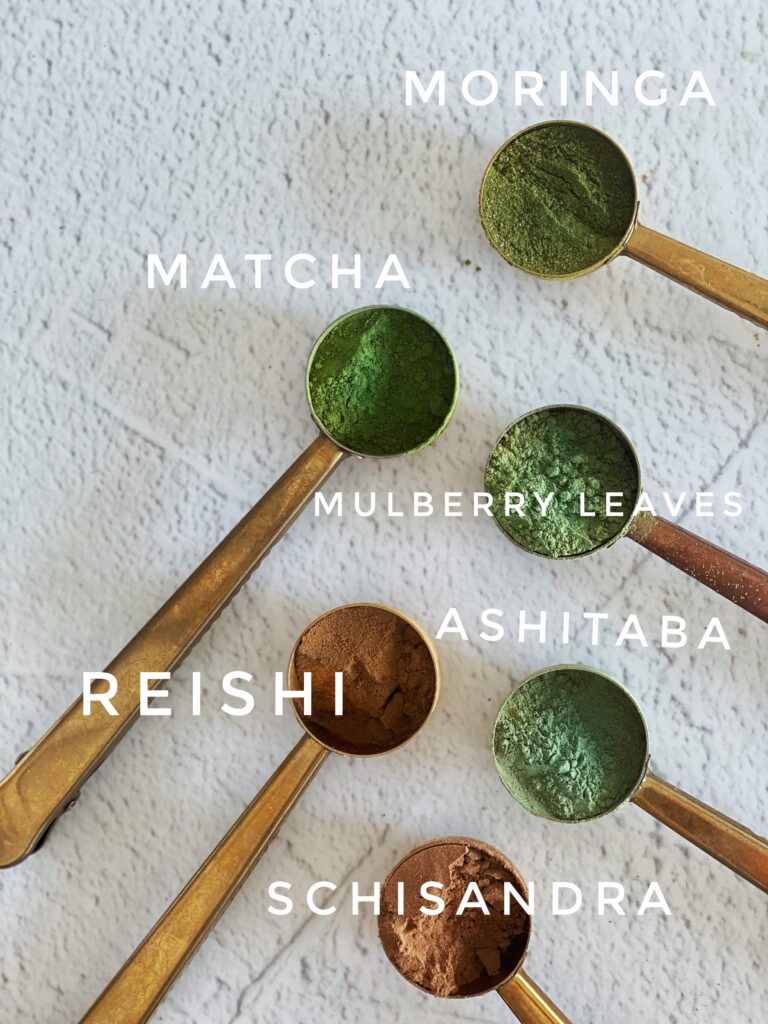
PORIA (Fu Ling) Mushroom: Boosts Digestion, Balance Energy, Support Spleen
There are herbs and mushrooms that make waves in the

Kick-start, energise, rejuvenate
All carefully planned and prepared to help nourish, reset and rejuvenate the body and mind.

The liver serves as an astonishingly intelligent central hub within the human body, orchestrating a complex symphony of functions. It operates as an intricate filtration and processing system, managing a staggering volume of tasks. Every minute, it cleanses and controls approximately one and a half litres of blood, all while simultaneously overseeing no less than 500 crucial biochemical metabolic reactions.
The liver functions as a sophisticated purification plant for the bloodstream. It plays a vital role in the detoxification and elimination of a vast array of substances, whether they originate from within the body or enter it from external sources. While appearing fragile, the liver paradoxically possesses remarkable resilience, capable of rapid regeneration and remarkable adaptability.
The untreated liver, despite its seemingly delicate constitution, exhibits an astonishing degree of fragility juxtaposed with an extraordinary survival capability. This remarkable organ possesses an innate ability to regenerate at an astonishing pace, a testament to its resilience and adaptive prowess. It is akin to a tenacious survivor within the human body, embodying the very essence of vitality.
The liver’s regenerative potential is truly awe-inspiring. Even when subjected to substantial damage or partial loss, it possesses the unique capacity to rebound and heal itself. It can initiate a process of regrowth from a mere fragment, demonstrating an unparalleled ability to restore its own functionality. The liver can continue to perform its essential duties with just a mere 10% of its healthy tissue intact. This ability to regenerate and sustain vital functions under adverse conditions underscores the liver’s status as an indispensable organ within the human body.
The liver stands as an organ of remarkable regenerative prowess. It boasts a rich history in ancient and contemporary medical literature, featuring prominently in discussions about its influence on mood, emotions, and cognitive well-being. Various medical traditions, such as traditional Chinese medicine (TCM), and Kampo (Traditional Japanese Medicine), accord the liver a role transcending mere physiological function. The liver is believed to house “the soul” and is intimately connected to the wood element within the body’s elemental framework. It holds a status nearly on par with the heart, renowned for its energetic vitality. Consequently, regular liver cleansing is of paramount importance, as the liver governs a vast spectrum of functions, including the regulation of mental activity.
When Qi, the body’s vital energy, encounters obstacles along the liver meridian, it accumulates within the organ, manifesting as a host of emotional and psychological disturbances. These include irritability, insomnia, depression, anguish, melancholy, and doubt. As stagnation occurs, mental clarity wanes, much like a clouding of the mind. The gallbladder, in contrast, is considered the liver’s counterpart and influences decision-making, courage, and even cowardice. A malfunctioning gallbladder, characterized by bile accumulation, can lead to a fearful outlook on life.
Ancient Greek physician Hippocrates famously described the liver’s role in the context of his theory of the four humours, one of which was the yellow bile produced by the liver. He postulated that when the liver’s detoxification mechanisms falter, bile stagnates and transforms into a thick, black substance. The term “melancholy” itself derives from “black bile” and has profound implications for both digestion and emotional well-being, casting a shadow on one’s mental state.
Many cultures worldwide have employed phrases involving “bile” or “bilis” to convey emotions such as anger, frustration, and melancholy—all of which are closely tied to liver function. Expressions like “to be full of bile,” “to raise one’s bile,” or “to spit bile” bear the unmistakable imprint of liver-related emotions. In essence, these idiomatic expressions serve as poignant reminders of the liver’s profound influence on our emotional landscape.
So, if you find yourself besieged by rage, persistent negativity, and irritability, it may indeed be an accurate reflection of your emotional state. However, it’s equally important to consider the well-being of your liver, which may need some support and encouragement to ensure the free flow of your vital life force.
Incorporating liver-cleansing foods into your diet can help support the health and function of your liver. Here are 12 liver-cleansing foods to consider

The changing seasons hold profound significance, and the arrival of spring carries particular importance when it comes to the well-being of the liver. Nurturing and harmonizing the liver during the spring season is not merely a matter of tradition; it aligns with a deep understanding of the body’s connection to nature and its inherent wisdom.
Spring is associated with the wood element, and the liver is considered the primary organ governed by this element. This elemental correspondence signifies that during the spring season, the liver’s energy and vitality are at their peak, mirroring the renewal and growth observed in the natural world.
Embracing Renewal: Spring is the season of renewal, symbolizing growth, transformation, and the emergence of new life. Just as nature awakens from its winter slumber, the liver’s energy surges, making it an ideal time to support and invigorate this vital organ. By aligning our own energy with the season, we can promote a sense of renewal and rejuvenation within our bodies.Detoxification and Cleansing: The liver is our chief detoxification organ. During the winter months, when our activities tend to be more sedentary, toxins can accumulate within the body. Spring offers a natural opportunity for the liver to cleanse and detoxify, purging accumulated waste and stagnant energy. By supporting this detoxification process, we can enhance our overall well-being and vitality.
Emotional Balance: In many traditions, the liver is intricately linked to our emotions and mental state. When the liver’s energy is unbalanced or obstructed, it can lead to emotional disturbances such as irritability, frustration, and even depression. By nurturing the liver during spring, we can promote emotional harmony and a sense of inner calm.
Balanced Digestion: When the liver’s energy is harmonious, it supports proper digestion and the efficient assimilation of nutrients. This, in turn, can alleviate digestive discomfort and promote overall digestive health.
Enhanced Vitality: A well-nourished liver contributes to increased vitality and a sense of physical and mental well-being. By paying attention to our diet, incorporating liver-friendly foods and herbs, and engaging in activities that promote liver health, we can harness the energy of spring to boost our overall vitality.
POTENT LIVER STRENGTHENING BOTANICAL
Some herbs and plants can offer even more potent natural compounds renowned for their anti-cancer properties, which actively assist in the removal of heavy metals and the reduction of environmental toxins.
Additionally, they help alleviate stressors that can impede the proper functioning of our organs, especially our Liver.

Moringa: Moringa, often referred to as the “drumstick tree” or “miracle tree,” is a nutritional powerhouse. Its leaves are rich in antioxidants and compounds like quercetin and chlorogenic acid, which help protect the liver from damage caused by oxidative stress. Moringa also contains detoxifying properties that support liver health and overall well-being.
Ashitaba: Ashitaba, also known as “Tomorrow’s Leaf,” is renowned for its liver-cleansing properties. It contains chalcones, which stimulate the production of a liver enzyme called glutathione, aiding in detoxification. Ashitaba is also a source of vitamin B12, which is important for liver function.
Mulberry Leaves: Mulberry leaves are packed with antioxidants, including quercetin and resveratrol, which have anti-inflammatory and liver-protective properties. They help reduce oxidative stress on the liver and promote detoxification.
Matcha: Matcha is a type of green tea made from finely ground tea leaves. It contains high levels of catechins, particularly epigallocatechin gallate (EGCG), which have been linked to improved liver function and reduced liver inflammation. Matcha’s antioxidants also help combat oxidative stress in the liver.
Schisandra: Schisandra berries are an adaptogenic herb known for their ability to enhance the liver’s resilience to stress. They contain compounds like lignans and schisandrin, which support liver detoxification processes and help protect the liver from damage.
Reishi: Reishi mushrooms, often called the “mushroom of immortality,” have been used in traditional Chinese medicine for centuries. They contain triterpenes and polysaccharides that promote liver health by reducing inflammation, supporting detoxification, and enhancing the liver’s ability to regenerate.
Incorporating these botanicals into your diet or wellness routine can contribute to a healthier liver by reducing oxidative stress, supporting detoxification, and enhancing overall liver function

There are herbs and mushrooms that make waves in the

Few herbs are as revered in Traditional Chinese Medicine (TCM)

For centuries, He Shou Wu (何首乌), also known as Fo-Ti
Copyright Shoku Iku © 2024 | All Rights Reserved.
The statements on this website have not been evaluated by the TGA or FDA. These products are not intended to diagnose, treat, cure or prevent any disease.
Sign up to receive your discount.